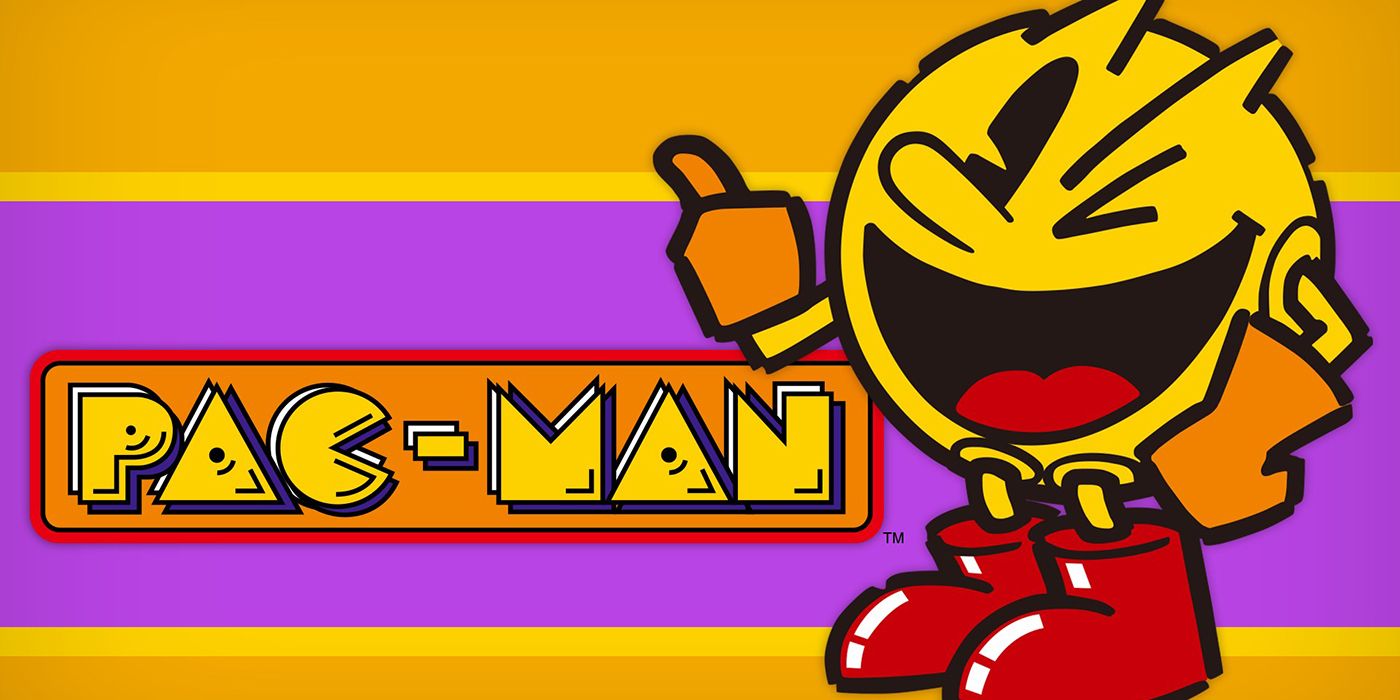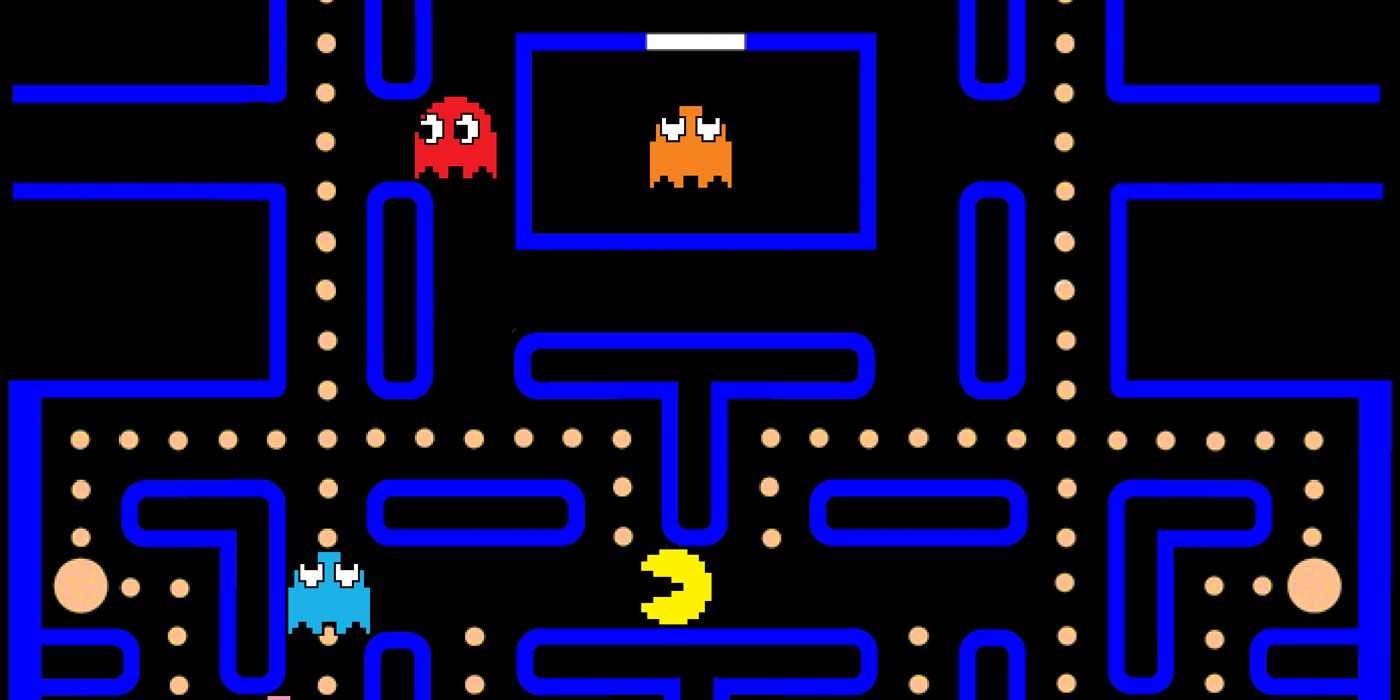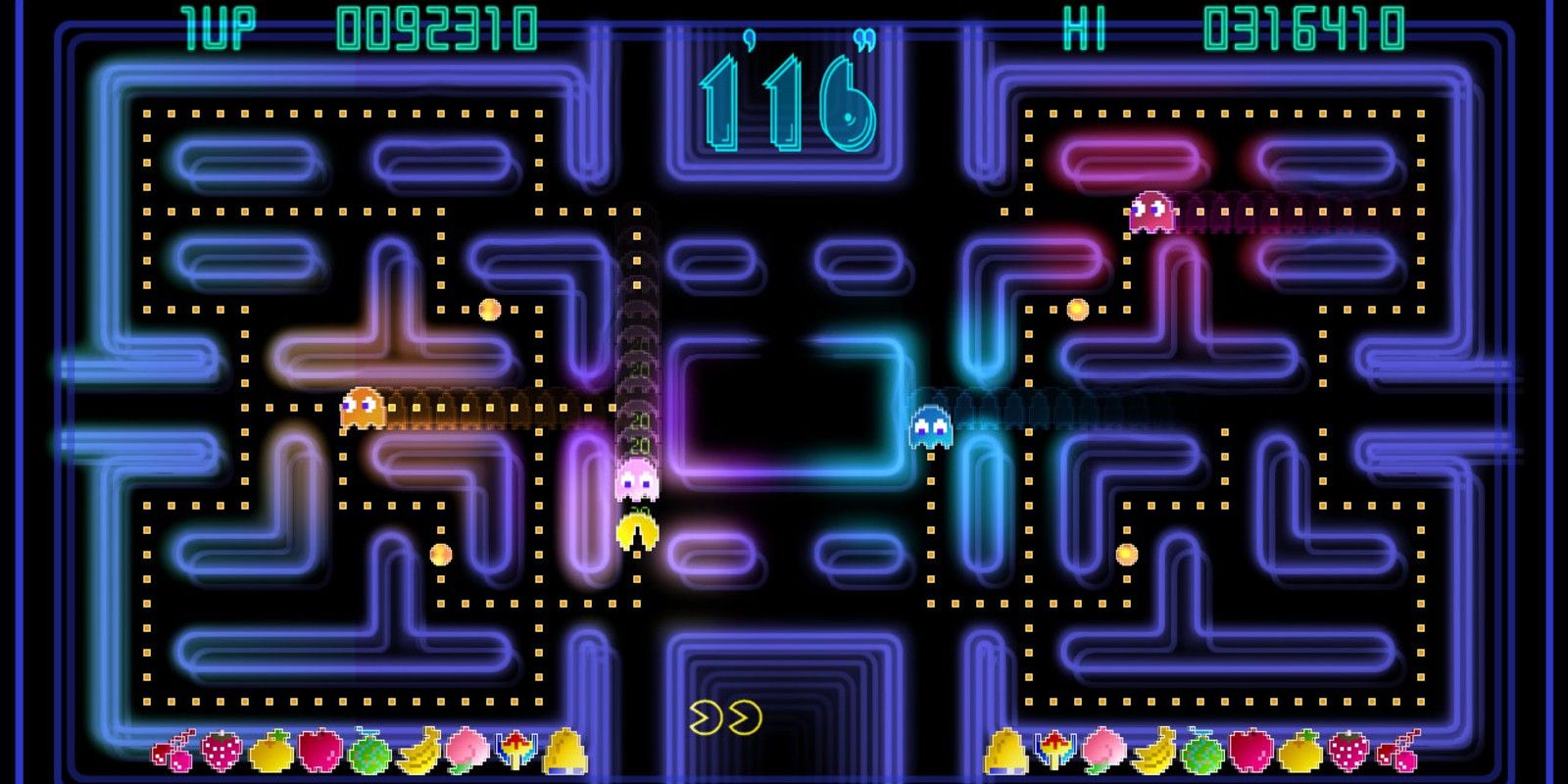WARNING: The following article deals with topics like depression and mental illness.
Pac-Man is a legendary retro game, rising to prominence in 1980s arcades and spawning a host of best-selling sequels and the spin-off Ms. Pac-Man. As one of video game's most recognizable characters, Namco's Pac-Man earned a spot in pop culture history. Part of Pac-Man's appeal is its simplicity. Gameplay mechanics involve the basic skill of moving up, down, left and right. It's one of the reasons Pac-Man was able to capture the hearts of novice and hardcore gamers alike.
Yet beneath its simple exterior, some players argue Pac-Man is actually a metaphor for mental illness and a dark commentary on pharmaceutical companies.
A recent Reddit theory suggests the levels of Pac-Man are labyrinths that exist within the title character's mind. With no escape, he runs around it 24/7, trying to avoid his inner "demons," represented by the four colorful ghosts. The little dots are medication that Pac-Man consumes to confront the ghosts, but the effects are short-lived, and more pills are necessary.
The theory suggests Pac-Man empathizes with those struggling with mental illness while also criticizing pharmaceutical companies for capitalizing on people's mental health. The bigger dots that enable the ghosts to be eaten for a limited time represent medication and Pac-Man's continuous battle with his thoughts or symptoms. Those struggling with anxiety, depression or other mental illnesses are well acquainted with this cycle. Much like in Pac-Man, medication doesn't always offer a permanent solution, especially without being coupled with therapy or other services.
For those wondering where Pac-Man's trademark food bonuses fit into this fan theory, another Reddit user provided an interesting solution. The labyrinth also represents an unfulfilling job where Pac-Man must perform an "endless, repetitive task for someone else's spare change." In return, the ungrateful company rewards its hard working employee with a "bonus" lunch but no meaningful praise. Instead of a promotion, Pac-Man must continue doing the same monotonous job with an increased output speed.
It may seem cynical, but unfulfilling jobs and poor management can significantly contribute to wellbeing. In that regard, Pac-Man could also act as a critique of capitalism. Without confirmation from Namco, the theory remains nothing more than speculation. However, it suggests that there may be a much darker side hidden beneath the bright colors and electronic music of this 80s classic.
If you or a loved one are living with mental illness, help is available: https://nndc.org/resource-links.



